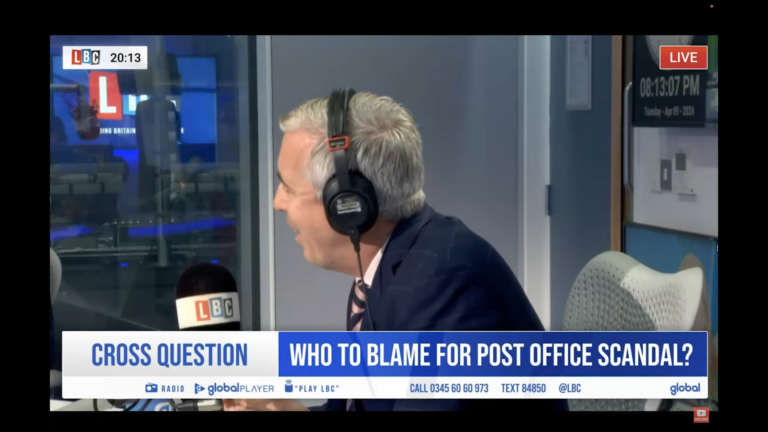Facebook Connect 2021 will forever be known as the moment the social media giant rebranded their parent company from ‘Facebook’ to ‘Meta’. However, Mark Zuckerberg’s keynote address also contained some fascinating perspectives into how Meta as a company sees the future of human digital interaction.
At PLMR our digital team is constantly looking at how we can utilise, implement, and innovate on new technologies for our clients. We’ve assisted Marcus Rashford and the Food Foundation with an interactive Kids Meal Map to help keep children fed during half term, we’ve worked with The Big Issue to create a custom online tool to help communicate the risk of homelessness and support the Stop Mass Homelessness campaign. Even though ‘the metaverse’ is still in the research phase and years away from being realised, this keynote address has given our digital team food for thought on the future of our work.
Online interactions where people are represented as cartoonish avatars viewed through a virtual reality headset may seem straight from the pages of William Gibson’s Neuromancer series or films such as Ready Player One (2018). However, this is the future that Meta is putting its significant capital behind. At one point Zuckerberg states his mission is to be “a company that builds technology to connect people”.
In today’s world video is currently the most accessible way to engage with remote events, however video is still limited to providing a controlled perspective, consumed on a flat screen. If the past two years has shown us anything, it’s the impact that the pandemic and accompanying social isolation has had on mental health. Whilst screens and video displays have been an essential substitute for many during this time, video communication still has its limitations.
Access to a metaverse-like experience would make remote encounters much more immediate and powerful and further reduce the barriers to engaging with remote content. Furthermore, the perspective would be driven by the user not the video producer, allowing for unique experiences and opening up new ways of engaging. The introduction of these immersive, fully realised experiences will change how we create campaigns and develop our digital offering.
Imagine, it’s election night and instead of seeing news coverage or election data presented on a flat screen, you could enter a 3D House of Parliament, track the statistics and results you were interested in, whilst at the same time virtually mingling with (tired) newly appointed politicians.
In the future an improved and interactive virtual MP’s surgery may allow politicians to attend more surgeries as they will not be tied to one location, constituents who are unable to travel could have easier access to their representatives and security threats could be more easily managed, potentially preventing tragedies.
PLMR already has developed a 3D web-based consultation room to communicate planning and development projects to local communities. A metaverse version of this could include to-scale walkthroughs of the development, fully interactive architectural models and realised simulations of data such as traffic or pollution.
A major section of the Meta keynote focused on commerce, and creating a seamless platform as opposed to the current situation of multiple apps with multiple different marketplaces. The idea of one big platform is incredibly intriguing as currently we tailor our digital campaigns to have the highest impact depending on which digital platform they appear on. For example, a LinkedIn campaign is significantly different to an Instagram campaign.
A fully integrated digital platform is potentially a double-edged sword. It would allow brands, users and stakeholders to interact more easily, however the marketplace could become saturated with campaigns all designed and pitched in the same way. This may lead to a wall of noise with smaller or single-issue campaigns being drowned out. Digital teams are constantly monitoring trends in digital marketing and need to be prepared for the challenges and opportunities an immersive platform would present. If the history of social media has shown us anything, it’s that content is king and new platform features are likely to be used in unintended and creative ways by content creators.
Neither PLMR nor Meta can say what a fully realised metaverse may look like at this point. It’s clear that how individuals and businesses use social platforms is going to change dramatically. Interactive experiences, better connections for remote conversations, the debate over privacy and personal data use and entire economies built on a seamless platform; the world of digital technology is currently experiencing a sea change. It’s likely that as these topics evolve, we will gain a better understanding of what the future may look like.
It’s exciting to imagine how people will present themselves online, how campaigns and brands will try to gain social traction and what new strategies will be developed to ensure our clients’ continued success.
If you have a project which needs some digital support (either now or in the metaverse) please contact info@plmr.co.uk.




